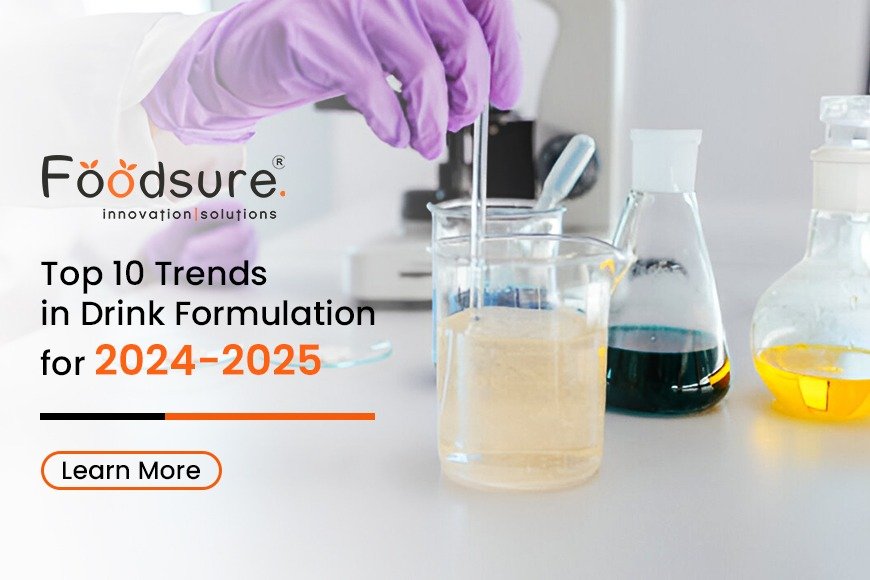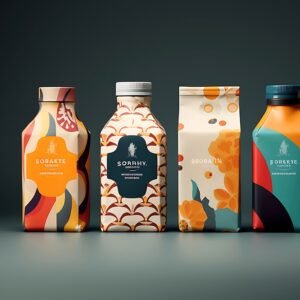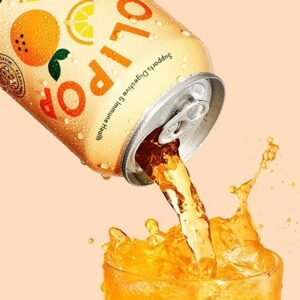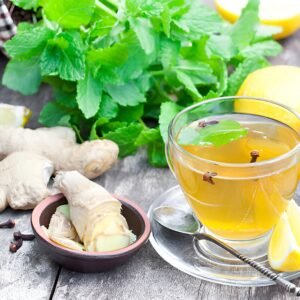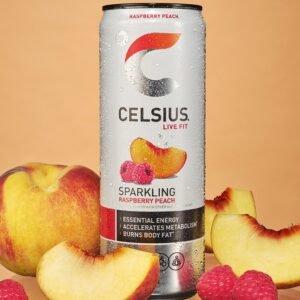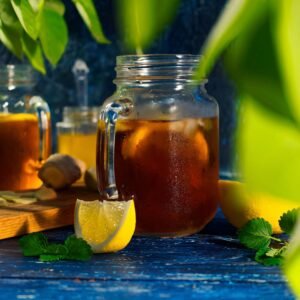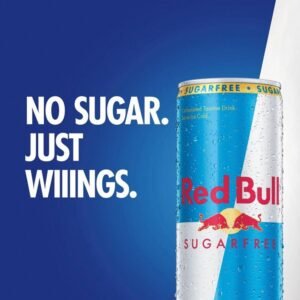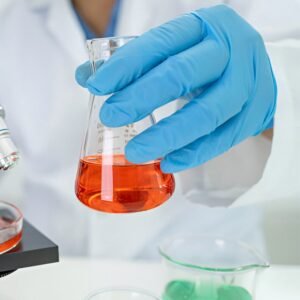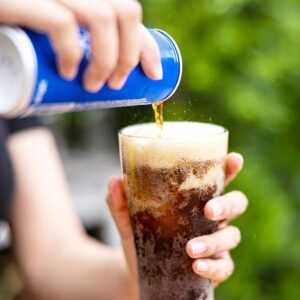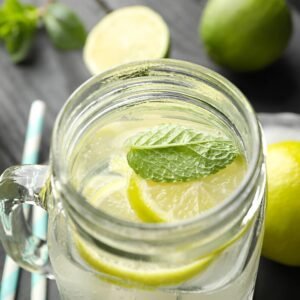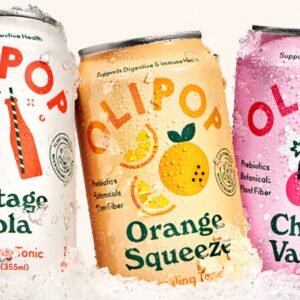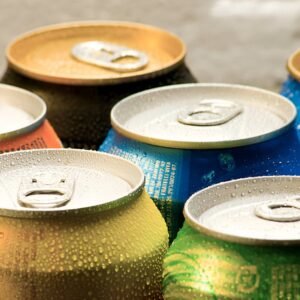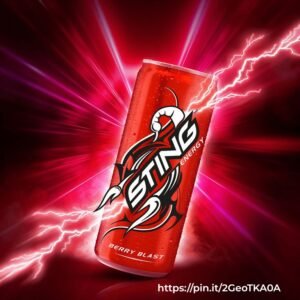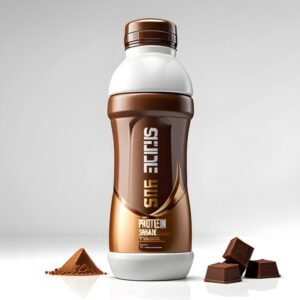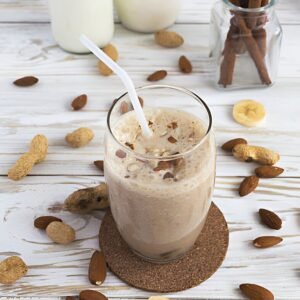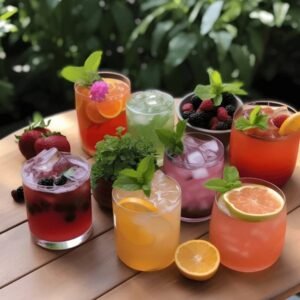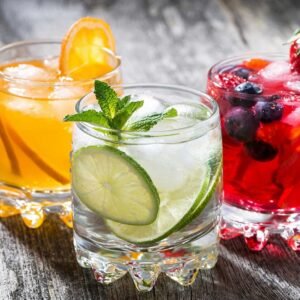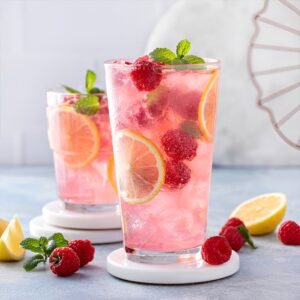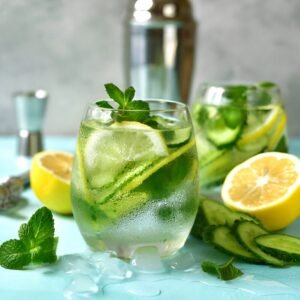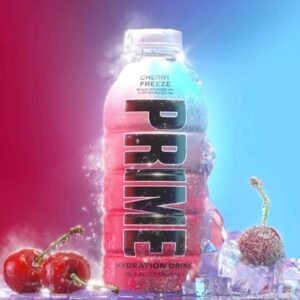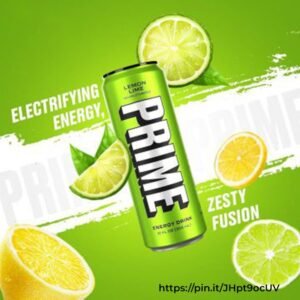The world of drink formulation is evolving at an exceptional speed. Driven by people like you and me. People care about what we consume and it impacts on health, planet, and even the moments we celebrate. Brands like Red Bull (“Gives You Wings”), Olipop (“A New Kind of Soda”), and Celsius (“Live Fit”) showcase how drinks can be more than just refreshments. They become experiences that resonate with our lifestyles and aspirations. At Foodsure, we can help you with tasty and innovative drink formulations to meet evolving trends.
But have you ever asked yourself
- What goes into making a drink that people love?
- How do brands create flavors that resonate with emotions and lifestyles?
- What steps can I take to start my journey in the beverage industry?
This guide explains the top beverage industry trends and provides full-length case studies. It offers practical tips on starting a beverage business.
What is Drink Formulation?
Drink Formulation is the creation of a new product. It contains a finished beverage product’s desired taste and/or function profile. It is the art and science of marketing processes to flavors, ingredients’ texture, appearance, and nutritional value as per consumers.
Elements of Drink Formulation
- Flavor Profile Development: The treatment of sweetness, acidity, and other sensory qualities for an amazing sensation.
- Functional Ingredients: Including vitamins and/or minerals, adaptogens, or probiotics to increase health benefits.
- Texture and Mouthfeel: Creating the right consistency—smooth, fizzy, creamy, or crisp to fulfill the exact visions of the product.
- Stability and Shelf Life: Preservation of the product making sure that is safe for use as well as maintaining its quality.
- Compliance and Safety: To help the formulation meet legal requirements on labeling, allergens, and health claims.
Types Of Drink Formulation
- Carbonated soft drinks (e.g., Coca-Cola, Pepsi).
- Ready-to-drink teas.
- Bottled water (e.g., Perrier, Evian).
- Energy drinks (e.g., Red Bull, Monster).
- Functional beverages (e.g., kombucha).
- Alcoholic beverages (e.g., whiskey, wine).
- Milk-based drinks.
- RTD Coffee-based drinks and non-dairy coffee recipes (e.g., cold brews, frappes).
- Smoothies and shakes.
- Mocktails and mixers.
Trends and Innovation in Drink Formulation
1. Reducing Environmental Impact
Today, sustainability is an active factor in beverage formulation. In terms of sourcing the ingredients responsibly, and the packaging of the final product. Nowadays, organizations are making major efforts to decrease the carbon impact and make the planet a better place to live.
Sustainability Practices Highlights
- Uses of recyclable and biodegradable packaging materials.
- Partner with local farmers to ensure a clear and clean supply chain and ingredients sourcing.
- Saving water and energy during production is a way to reduce costs.
Case Study : Olipop
Olipop is the ideal beverage company that sets remarkable standards in the beverage industry for sustainability. The brands sourced raw products locally, plant-based ingredients thus reducing the emissions on transportation. Their cans are made from 100 percent recyclable materials.
2. Functional Ingredients: Wellness on the Go
Modern consumers are in search of products that have meanings beyond just quenching thirst and refreshments. Multifunctional drinks with highlights on vitamin-enriched, adaptogenic, nootropic, and probiotics are the growing trends.
Popular Functional Ingredients:
- Adaptogens: Ashwagandha, Rhodiola.
- Probiotics and Prebiotics: For gut health and digestion.
- Nootropics: Ingredients like ginseng and L-theanine for mental clarity.
Case Study: Celsius
Celsius has become synonymous with functional beverages. They provide metabolism boosters and energy drinks including green tea extract and guarana. Also a perfect sip with the right taste and nutrition.
3. Sugar-Free Beverages: Sweetened by Nature
Consumers are increasingly cutting back on sugar. Manufacturers are carving out new products. And changing the taste of beverages by using natural products like stevia, monk fruit, and agave.
Benefits of Sugar-Free Drinks
- Fewer calories for consumers who want to meet their diet goals.
- Healthier profiles without compromising on taste.
Better-tasting products that are also better for you.
Case Study: Red Bull Sugar-Free
Remember, When Red Bull launched the no-sugar-added version for health-conscious consumers? They stick to natural sugars but preserve the traditional taste for health-conscious customers with reduced sugar intake.
4. Personalization: Your Flavor, Your Way
As people look for unique ways of consuming drinks, personalization is a gradually emerging trend. People now offer customizable beverage-specific flavors, ingredients, and functional attributes.
Personalization Approaches:
- Self-serve machines for custom blends (e.g., Coca-Cola Freestyle).
- Custom drink recipes such as cocktails on the internet.
How to start a drink beverage business? Personalization is a great entry point, allowing brands to cater to niche preferences.
5. Rise of Probiotics and Prebiotics
Gut health is trending, and beverages enriched with probiotics and prebiotics are leading the charge. Drinks like kombucha, kefir, and functional sodas are increasingly popular.
Case Study: Olipop
Olipop combines nostalgia and health in their sodas. Their prebiotic sodas not only taste good but also promote gut health, with flavors like Vintage Cola and Strawberry Vanilla.
6. Ready-to-Drink (RTD) Beverages
RTD beverages are flooded in convenience markets. These products include cold brews and non-alcoholic beverages, something that fit modern people’s lifestyles.
Benefits of RTD Drinks
- A product has a long shelf life and still maintains its freshness.
- Easy transportation for on-the-go consumption.
Case Study: Sting Energy Drink
Sting’s compact RTD format and the sparkling taste of the product are discovered attractive to urban consumers. And on the social level, they continue to solidify their dominance in the market: it’s cheap and widely available.
7. Plant-Based Beverages
Plant-based drinks are vegan and lactose-intolerant, that offer nutritional benefits to conscious consumers. Almond, oat, and soy milk beverages are just the beginning of this growing trend.
Popular Plant-Based Beverages:
- Non-dairy protein shakes.
- Nut milk-based coffees and smoothies.
8. Exotic Flavors and Botanicals
Ingredients such as hibiscus, elderflower, yuzu, and turmeric, among others, are offering formulation depth and differentiation. Botanicals not only give unique tastes but also have some functional uses in the body.
9. Alcohol-Free Beverages
Soft drinks and mocktails are the products that are gaining popularity with the rise of sober-curious culture. These drinks mimic the flavor and feel of real alcoholic products without harm.
10. Enhanced Hydration Solutions
Many varieties of electrolyte-containing water and enhanced hydration water are popular among athletes and fitness enthusiasts. These beverages provide much-needed hydration in addition to potassium and magnesium.
Check Out Our Award Winning Drink Recipe Fomulation Services
- Sports Drink Contract Manufacturing
- Energy Drink Contract Manufacturing
- Electrolyte Drink Recipe Formulation
- Creatine Drink Recipe Formulation
- Energy Drink Recipe Formulation
- Mocktail Drink Contract Formulation
- Cold Drink Recipe Formulation
- Cocktail Drink Contract Manufacturing
- Soft Drink Contract Manufacturing
Also with 5-star reviews on Google, we are the top drink formulation consultant to ensure your beverage shines in the market. Explore our success stories and innovative solutions on social media, and see how we can create the perfect recipe for your brand’s success.
Conclusion
The drink formulation trends for 2024-2025 revolve around sustainability, health, and innovation. Whether you’re a consumer seeking the latest in functional beverages or an entrepreneur learning how to start a drink beverage business, understanding these trends will help you navigate the dynamic world of drink formulation.
Get in Touch with Foodsure Today!
Ready to turn your beverage idea into reality? Contact Foodsure‘s top drink formulation consultant for excellent services perfectly crafted to your needs.
FAQs-
What is drink formulation?
Drink formulation is the process of developing the components, taste, mouthfeel, and nutritional balance. To satisfy a particular consumer characteristic or regulatory requirement.
How do you create a drink formulation?
A drink formulation requires a choice of active ingredients, flavors, and changes to the formulation for taste, texture, or stability. Testing and refining the formula are essential.
What ingredients are used in drink formulation?
Some of the daily used additives are water, sweeteners, natural and artificial flavors, acids, stabilizers, preservatives, vitamins, and minerals.
What does a drink formulation company do?
A drink formulation company is involved in developing custom beverage recipes through choices of ingredients, conducting laboratory experiments, and optimizing production procedures for large-scale commercialization.
How do I find the best drink formulation company?
Look for companies that are experienced in your chosen drink category. For instance energy drinks, juices, etc). Check the client feedback and sample work certificates.
How much does a drink formulation company charge?
Total costs can depend on the kind of recipe or formula you want for your brand. Most commonly, the costs of such services cost anywhere between a few thousand to tens of thousands of dollars.
What is flavor development in beverages?
Flavor development is the art of formulating, modifying, and perfecting the taste of a flavored food and beverage product. In this case, to meet the market trends, a beverage uses natural and/or artificial compounds.
How is flavor developed for a beverage?
Flavor developers add fruit extracts, herbs or spices, etc., fine-tuning them to achieve perfect taste. Sensory testing is important to refine the ideal product.
Why is flavor development important for beverages?
The right flavor is essential for differentiating a product in a competitive environment, control consumer preferences, and improving brand recognition.
What does a drink recipe company do?
A drink recipe company deals with the formulation of recipes for beverage formulas for clients and ensures these recipes are marketable and manufacturable.
How do I find a reliable drink recipe company?
Look for companies with a strong track record in the beverage industry, good reviews, and a reputation within your chosen drink category.
What do I need to start a beverage business?
You’ll need a unique product idea, a business strategy, finance, permits and licenses, suppliers, and a marketing strategy. Ensuring regulatory compliance with food safety laws is also essential.
How much does it cost to start a beverage business?
Costs vary based on the type of beverage. A small-scale operation might cost $50,000–$100,000, while a larger operation may require several hundred thousand dollars.
What does a drink formulation consultant do?
The top drink formulation consultant helps companies develop and refine drink recipes, becoming familiar with all drink ingredients, tastes, and proportions needed to scale a product.
How do I find the best drink formulation consultant?
When choosing your drink formulation, consultants focus on those who have experience with the drink type and experience of the consultants, clients’ references, and their activity in the industry.
How do I develop a unique flavor for my beverage?
Meet and discuss with an expert in flavor development to blend the ingredients that will serve the intended flavor. It requires a lot of trial and error to achieve a perfect match of consumers’ needs.
What are the latest trends in flavor development for beverages?
Trends comprise plant-based flavors, exotic fruits, functional ingredients, clean-label solutions, and no artificial additives.
How do I find a drink formulation company near me?
Search online directories, and industry associations, or consult local business networks. Try to find out some other customers’ feedback or maybe see their portfolio to guarantee their well-done job.
Are local drink formulation companies more affordable?
Local companies might offer more personalized service and competitive pricing compared to larger, international firms.





